Cómo Elegir Techadores Asequibles Cerca de Mí Sin Sacrificar Calidad

Descubre cómo encontrar techadores asequibles cerca de mí que ofrezcan calidad, rapidez y confianza para proteger tu hogar sin gastar de más.

Descubre cómo encontrar techadores asequibles cerca de mí que ofrezcan calidad, rapidez y confianza para proteger tu hogar sin gastar de más.
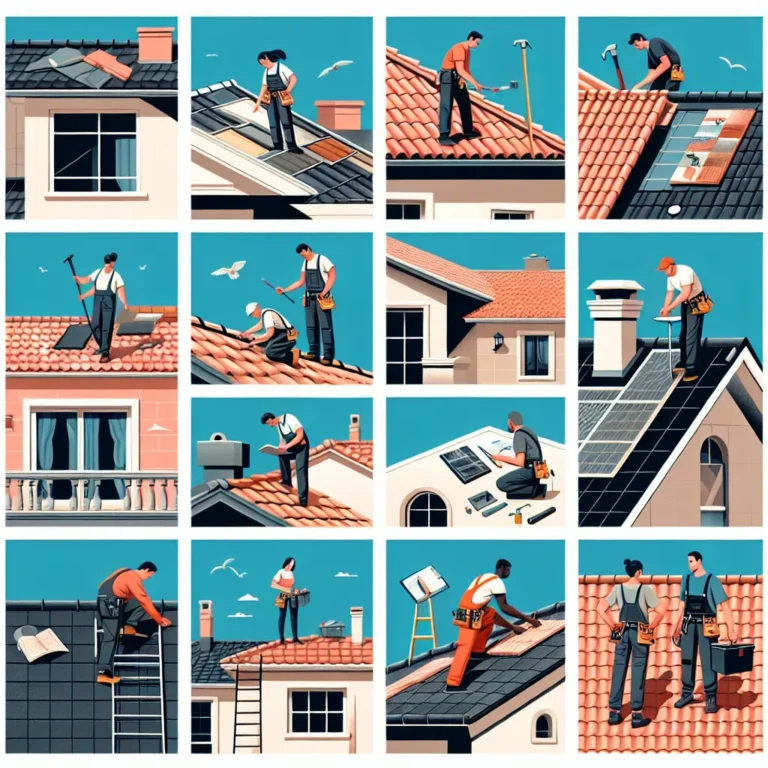
Conoce todo sobre servicios de reparación de techos, cómo elegir el mejor, costos y cuándo es momento de reparar o reemplazar tu techo.
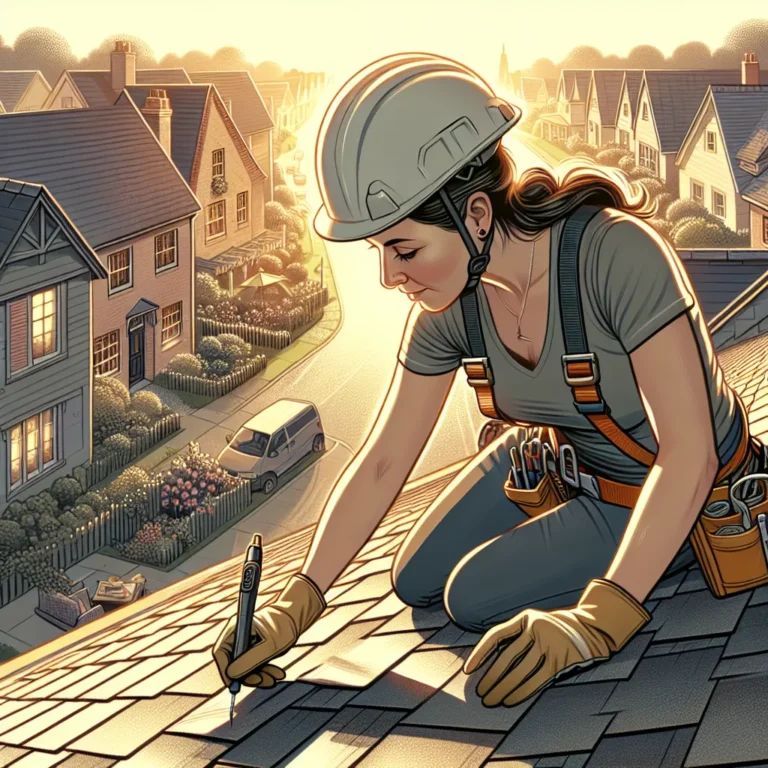
Descubre cómo elegir contratistas de techos en mi zona. Consejos, costos y criterios para contratar a los mejores expertos en techado local.
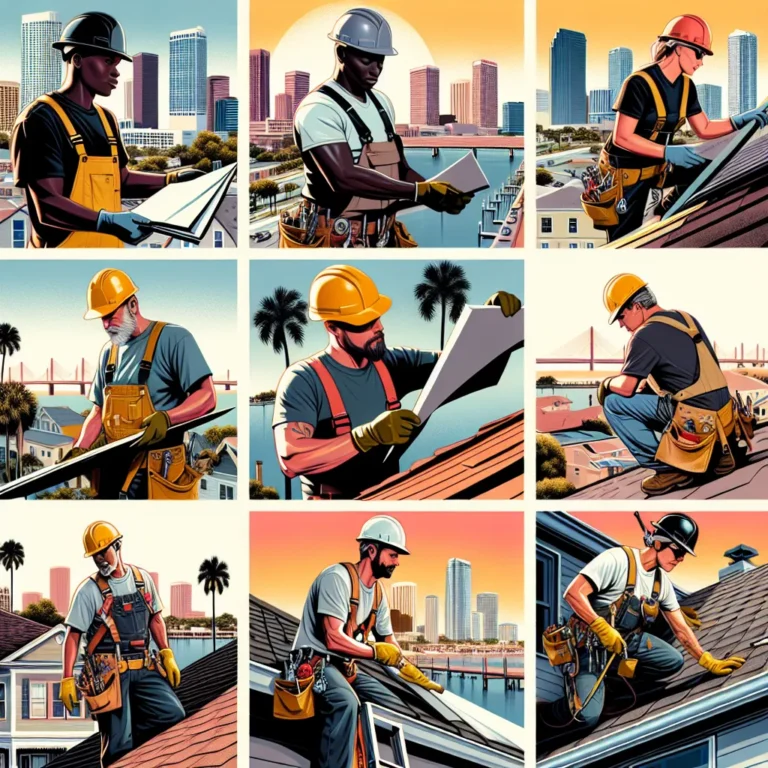
Encuentra las mejores empresas de techos cerca de mí en Tampa. Consejos, presupuestos y cómo seleccionar profesionales confiables para tu hogar.

Encuentra las mejores empresas de techos cerca de mí y aprende a elegir la opción ideal para proteger tu hogar o negocio con profesionales confiables.

Descubre cómo encontrar contratistas de techos cerca de mí confiables, evaluar opciones y evitar errores costosos en tu reparación o instalación.
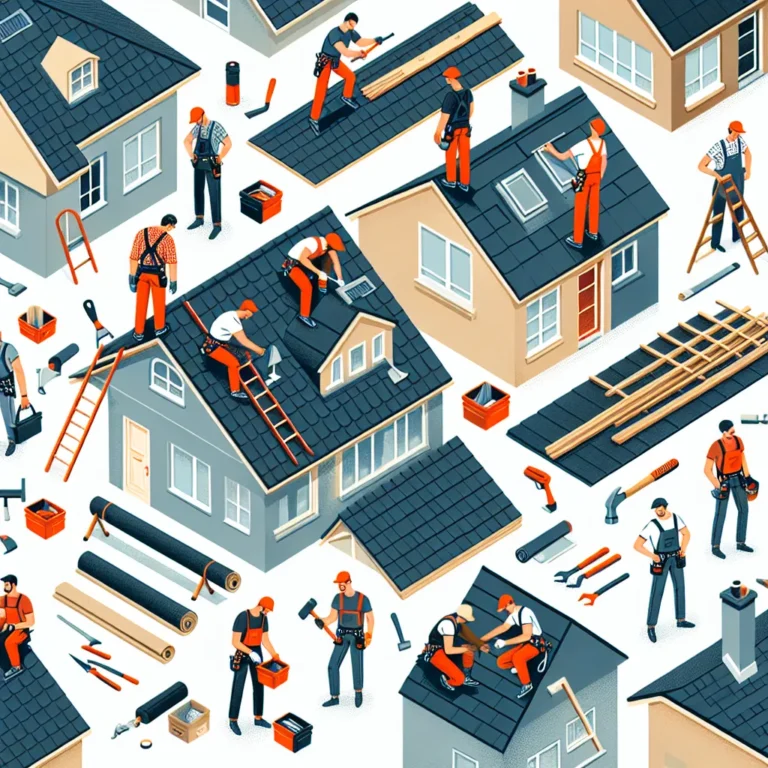
¿Buscas una empresa de techadores cerca de mí? Descubre cómo escoger la opción más confiable, rápida y asequible para proteger tu hogar.

Aprende todo sobre reparación techos, sus beneficios, costos y cuándo es mejor repararlo o sustituirlo para proteger tu hogar en Florida.

Aprende todo sobre reparación de techos, cuándo repararlo, costos y consejos para mantener tu hogar seguro y protegido. ¡Infórmate aquí!
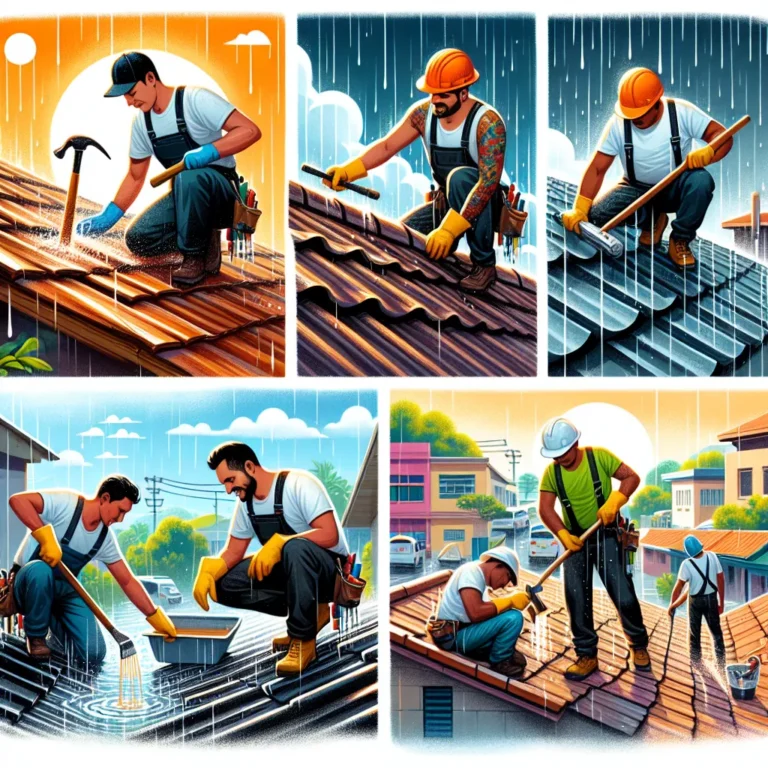
Descubre las ventajas de elegir techadores locales y cómo su experiencia cercana garantiza trabajos duraderos y confiables en tu comunidad.